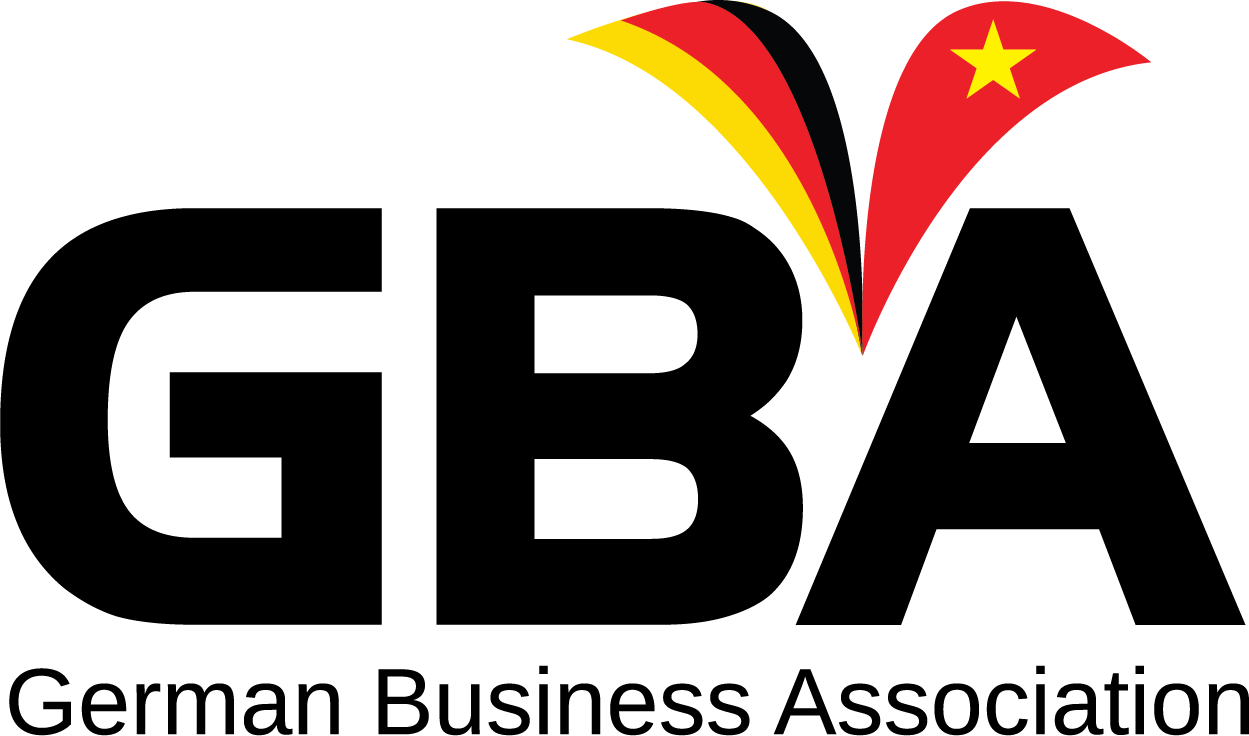In a recent interview with Hanoi Television, GBA Co-Chairman Mr. Torben Minko shared his insights on the importance and benefits of ESG (environment, society, governance) for businesses and investors. He also discussed the challenges and opportunities for small and medium-sized enterprises (SMEs) in Vietnam to adopt ESG practices and standards. Mr. Minko explained that ESG is not only a moral obligation, but also a competitive advantage for businesses, especially in the German market, where customers and regulators demand high ESG standards. He also acknowledged the challenges that SMEs face in building ESG, such as the lack of awareness, resources, and time. He suggested that Vietnam should provide more training, seminars, and support for SMEs to understand and implement ESG, as well as create a favorable environment and incentives for them to do so.
GBA Co-Chairman Mr. Torben Minko shared his insights on the importance and benefits of ESG
Click here>>> to watch the full interview (in Vietnamese) or read the English summary below.
Question 1: How is ESG being practiced and implemented in Germany?
Answer: “We believe that ESG, environment, society and governance will continue to be an indispensable part of companies in the future. After all, we all want a better world. The era of quick investment is over, we all look for long-term, stable and environmentally friendly investment. ESG is a part of that. ESG consists of environmental, social and governance components that every company must do. On the one hand, it must be ingrained in the blood of the companies, and it will have to be. On the other hand, it is also a mandatory requirement. Regulations in Germany require that at some point companies must comply with the requirements and rules and that compliance will be verified in the future. Therefore, if a company wants to invest and wants to develop sustainably, it must comply with the regulations set out. On the other hand, we also see that the world is changing and that means customers demand specific compliance with ESG regulations, demand to know where these products are produced, what materials they are made of, under what conditions, so companies must follow the guidelines and do everything related to ESG, ensure compliance within the company, to develop sustainably and to succeed in the market in the future.”
Question 2: If your business operates in Germany, how important are ESG factors in your production processes? What are the differences between operating without ESG standards and operating with ESG standards in the German market?
Answer: “Yes, I believe that it does not matter where your production location is, if you are a German company and you produce, for example in Vietnam, then you still have to comply with the ESG requirements, because it does not matter where the product is created, but the customers in Germany want to know and want to see that the products are produced according to the standards. If you produce in Germany then you need to comply with the laws and regulations. If you produce in other countries then you also need to comply with the same regulations and laws and ensure that you comply with those regulations. Otherwise it will be difficult to bring the finished product into the German market.”
Question 3: Why has ESG become a trend? And how does ESG factor into attracting high-quality FDI businesses, including German businesses? Why do businesses want to choose countries that have ESG criteria?
Answer: “As I said before, the mindset of customers is changing, the world is changing for the better, as far as I know. I think now is the right time to change the way of doing business from purely investing in production to long-term and stable investment in sustainability. Similarly, you need to consider all aspects of social and environmental governance, and how to manage the company. The important thing when investing, even in Vietnam, is that these aspects must be addressed. For example, our company B Braun will say that if we do not have the opportunity to get green energy at a certain point in time, we will not be able to invest more in Vietnam. And we are not the only company to say that. That means that if you want to attract more investment, the government and the managers need to ensure that the ESG requirements are met. The ESG requirements are not only set by the investing company and also the suppliers for the company. It is a whole chain that everyone has to participate in, comply well with the requirements and relevant laws.”
Question 4: What are the challenges for small and medium-sized enterprises in building ESG? What kind of policies does Hanoi, Vietnam need to support and encourage businesses to participate in ESG?
Answer: “Especially when we talk about small and medium enterprises. Sometimes when there are new regulations, it is difficult for these companies to implement them, mainly related to the understanding of these regulations, as well as the human resources to implement them. Some regulations require a huge amount of work as well as a lot of time. That can be a challenge for small and medium enterprises. Otherwise they do well. As an investment destination, Hanoi and Vietnam do a good job of training small and medium enterprises, organizing seminars, understanding needs as well as implementing guidelines and regulations so that small and medium enterprises can easily invest here. For example, exporting goods to markets that require ESG guidance. On the other hand, we can see that Vietnam is rapidly shifting to green energy. That’s good. I can see that from the prime minister’s perspective, that it is a top priority. Vietnam is doing well in this regard. Because without a green transition, investment, or foreign direct investment, is difficult to flow in, without a green agenda. On the one hand, we need education. We need to make people understand what they need to do. We need to make companies understand what they need to do. On the other hand, there need to be regulations and an environment to help these companies comply with the regulations.”
Question 5: ESG is also a criterion to attract high-quality businesses. However, when green businesses want to invest in a specific locality or country, what factor do they value the most?
Answer: “If today these companies decide to invest in certain countries, in the environment or in cities, then surely an important part of that is to have green energy. That is not the only part that companies look at, but it is certainly an important part. And we must not forget that it is an important part for everyone. No country in the world at this time can guarantee 100% green energy supply. After all, it is a race for FDI. If Vietnam does well, can provide green energy for investors, then it will surely surpass in the race with the countries around Vietnam. For example. Because surely investors will come to places with green energy to invest. By a certain point in time, say 2026, 2027, if there is still no green energy, there will be no more investment. That is the essential part. If we talk specifically about ESG, then that is a main part. Other issues we need to consider are laws and regulations on labor. In this regard, I want to say that Vietnam is doing very well. The evidence is that Vietnam is participating in many free trade agreements, especially the agreement with the EU related directly to German companies. With the EVFTA agreement, many regulations have become clear and have been guided.”

